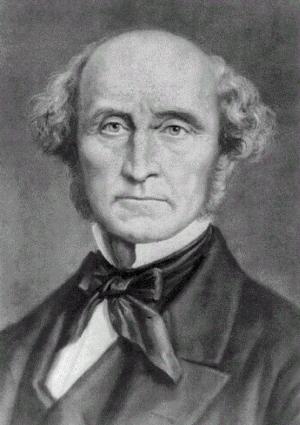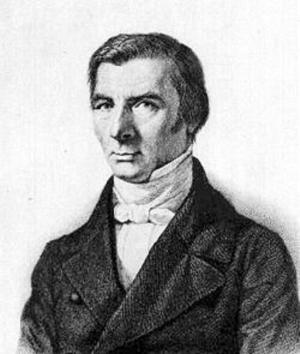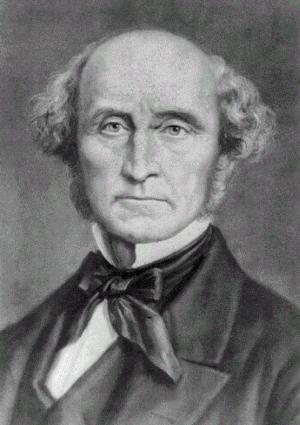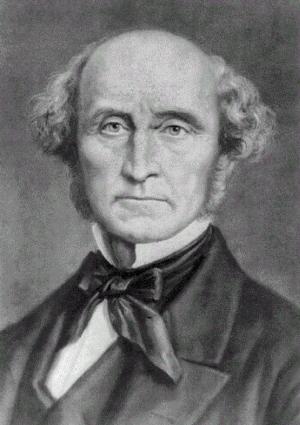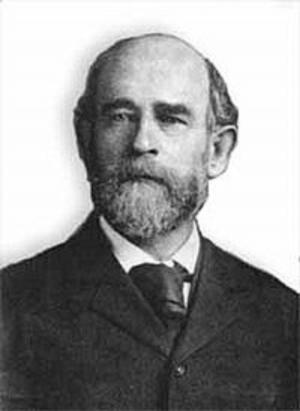Why is Economics Not an Evolutionary Science? (Illustrated)
Business & Finance, Economics, Macroeconomics, Theory of Economics| Author: | Thorstein Veblen | ISBN: | 1230000269069 |
| Publisher: | AS Team | Publication: | September 19, 2014 |
| Imprint: | Language: | English |
| Author: | Thorstein Veblen |
| ISBN: | 1230000269069 |
| Publisher: | AS Team |
| Publication: | September 19, 2014 |
| Imprint: | |
| Language: | English |
This book has an active table of contents to access each chapter.
Thorstein Veblen is a great American economist along with Irving Fisher and John Bates Clark in many economic thoughts for combining a Darwinian evolutionary perspective with his new institutionalist approach to economic analysis. He developed a 20th-century evolutionary economics based upon Darwinian principles and new ideas emerging from anthropology, sociology, and psychology. Veblen’s important works includes The Theory of the Leisure Class and The Theory of Business Enterprise.
In Why Is Economics Not an Evolutionary Science? about 110 years ago, Thorstein Veblen characterized the economists of his age as “being still content to occupy themselves with repairing a structure and doctrines and maxims resting on natural rights, utilitarism and administrative expediency,” to describe the traditional, axiomatic orientation of economic research.
On the one hand, Veblen labeled the classical economic theory as purely static and therefore unable to model the phenomenon of societal or economic change in an adequate way.
Additionally, he criticized the deterministic methods used by the lion's share of economists living in his age, which valiantly ruled out the potential for identifying causalities relevant to processes of economic change, which were ”always in the last resort a change in habits of thought”.
Moreover, he castigated the use of the economic theory as “a projection of an ideal of conduct“, “which is made to serve as a canon of truth”.
As Veblen put it, the realistic economic agent has both antecedence and consequence: the individual has a history and makes history.
As one of the great American economists, his economic thoughts are still relevant to American economic life, especially in building and evolving American high technology industry. This book is for the readers who are interested in the deepest thoughts of technological impact on economic and political systems and their evolution by Thorstein Veblen, one of the greatest economic thinkers on the planet.
This book has an active table of contents to access each chapter.
Thorstein Veblen is a great American economist along with Irving Fisher and John Bates Clark in many economic thoughts for combining a Darwinian evolutionary perspective with his new institutionalist approach to economic analysis. He developed a 20th-century evolutionary economics based upon Darwinian principles and new ideas emerging from anthropology, sociology, and psychology. Veblen’s important works includes The Theory of the Leisure Class and The Theory of Business Enterprise.
In Why Is Economics Not an Evolutionary Science? about 110 years ago, Thorstein Veblen characterized the economists of his age as “being still content to occupy themselves with repairing a structure and doctrines and maxims resting on natural rights, utilitarism and administrative expediency,” to describe the traditional, axiomatic orientation of economic research.
On the one hand, Veblen labeled the classical economic theory as purely static and therefore unable to model the phenomenon of societal or economic change in an adequate way.
Additionally, he criticized the deterministic methods used by the lion's share of economists living in his age, which valiantly ruled out the potential for identifying causalities relevant to processes of economic change, which were ”always in the last resort a change in habits of thought”.
Moreover, he castigated the use of the economic theory as “a projection of an ideal of conduct“, “which is made to serve as a canon of truth”.
As Veblen put it, the realistic economic agent has both antecedence and consequence: the individual has a history and makes history.
As one of the great American economists, his economic thoughts are still relevant to American economic life, especially in building and evolving American high technology industry. This book is for the readers who are interested in the deepest thoughts of technological impact on economic and political systems and their evolution by Thorstein Veblen, one of the greatest economic thinkers on the planet.



